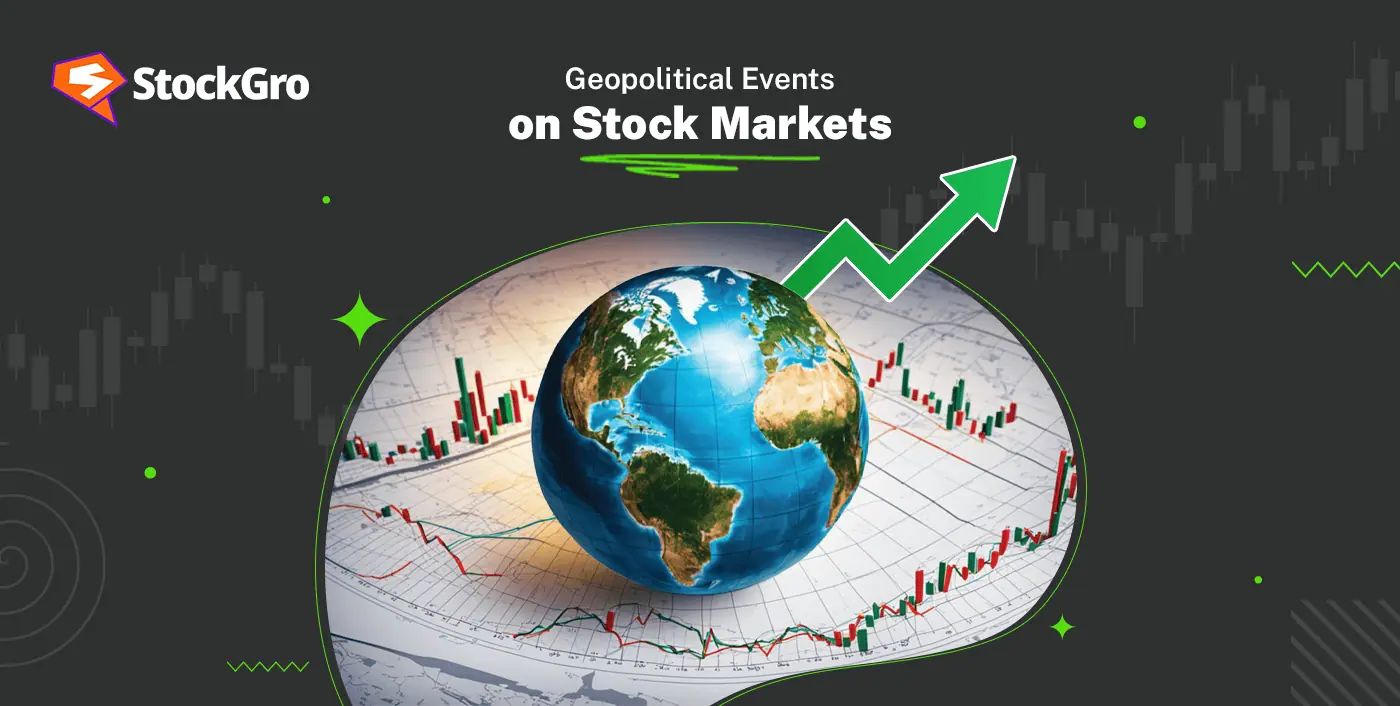
The Impact of Geopolitical Events on Global Markets
An analysis of how international conflicts and political developments affect financial markets worldwide.
Introduction to Geopolitics and Markets
Geopolitical events—ranging from elections and policy changes to conflicts and trade disputes—can significantly impact financial markets around the world. Understanding these relationships is crucial for investors seeking to navigate the complex global financial landscape.
Historical Perspective: Major Geopolitical Shocks
Looking at past events provides valuable insights:
- The 1973 Oil Crisis triggered by the OPEC embargo
- The fall of the Berlin Wall and the dissolution of the Soviet Union
- The 9/11 terrorist attacks
- The 2008 Global Financial Crisis
- Brexit and its ongoing implications
- The COVID-19 pandemic
Transmission Mechanisms: How Geopolitics Affects Markets
Geopolitical events influence markets through several channels:
- Trade Flows: Tariffs, sanctions, and trade agreements directly impact import/export businesses and supply chains.
- Currency Valuations: Political instability often leads to currency depreciation in affected regions.
- Commodity Prices: Conflicts in resource-rich regions can disrupt supply and drive price volatility.
- Capital Flows: Investors may withdraw capital from regions perceived as risky, creating market pressure.
- Policy Responses: Central banks and governments may implement monetary or fiscal measures in response to geopolitical developments.
Regional Impacts and Market Correlations
Different regions and asset classes respond differently to geopolitical events:
- Developed markets typically experience less severe but more correlated reactions
- Emerging markets often face more pronounced volatility
- Safe-haven assets like gold, U.S. Treasuries, and the Swiss Franc tend to appreciate during crises
- Energy markets are particularly sensitive to events in oil-producing regions
Investment Strategies for Geopolitical Uncertainty
Investors can adopt several approaches to manage geopolitical risk:
- Geographic diversification across regions with different risk profiles
- Sector allocation that considers geopolitical vulnerabilities
- Hedging strategies using derivatives or alternative assets
- Scenario planning for major potential geopolitical developments
- Maintaining liquidity to capitalize on market dislocations
Conclusion: The Increasing Importance of Geopolitical Analysis
As global markets become increasingly interconnected, geopolitical analysis is becoming an essential component of investment decision-making. Investors who develop a framework for understanding and responding to geopolitical events will be better positioned to protect their portfolios and identify opportunities amid uncertainty.
